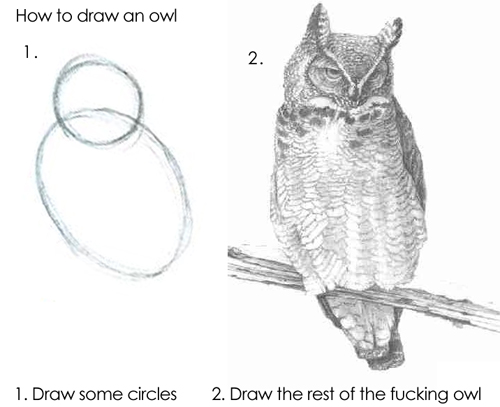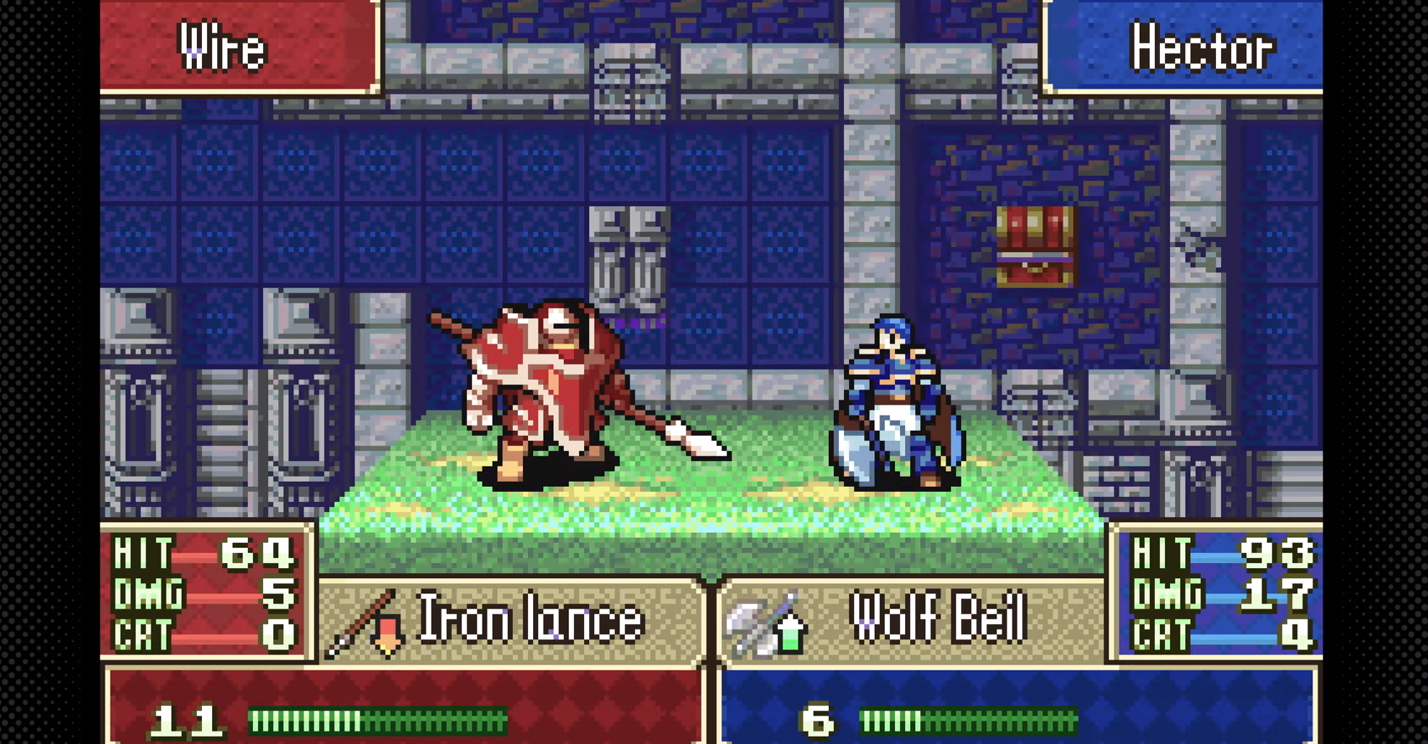Calibrating your gut
By gut or gut feeling I mean our non-verbal physical and emotional responses to a decision that are pointed to by words like intuition or instinct and phrases like follow your heart. When it cooperates, our gut can be a source of deeply felt conviction, even in murky waters, or – when it doesn't – a source of uncertainty, even when we know all the information. Gut feelings act on both a short timescale (the milliseconds before conscious thought even starts) and on a long timescale (the hours, days, weeks of deliberation on a difficult life choice). Whether we notice or not, our gut feelings influence the way we move through the world.
Okay, and what about calibrating? By calibrating, I mean something like "bringing into alignment with reality," i.e. making it so that your gut feelings seem to be good predictors of real-world outcomes. But words like intuition and instinct seem to imply a somewhat immutable relationship to your gut – what is there to do about it?

My answer to this is good, old-fashioned, high-quality, educated speculation grounded in a sample size of one. As with many things, it starts with the art of noticing. That is, to "listen to your gut," but not in the sense of do-what-your-gut-tells-you, more in the sense of try-to-notice-that-your-gut-is-saying-anything-at-all-even-if-you-have-no-idea-what-it's-going-on-about. In fact, you should be careful of the first sense, because at this stage your gut might still be wrong.
Noticing
There's a video game series I'm fond of called Fire Emblem. It's a tactical RPG where you try to strategically hit things and not get hit back too badly. If you do this well, eventually you get to hit a dragon until it dies and you win. There are various game mechanics involved, but the most basic one is your hit chance. For this, Fire Emblem uses a system called True Hit. Naturally, it lies to you.

The details of how exactly it lies to you aren't that important. The important effect is that displayed hit chances that are above 50% are actually higher in practice, and those below 50% are actually lower in practice. Fire Emblem does this because most players, on a gut level, feel that a 95% chance event ought to happen much more often than 95% of the time, and that a 99% chance event is an almost certainty – it feels like an injustice when it doesn't happen! In that sense, Fire Emblem calibrates the game mechanics to better fit a player's gut feelings to make the game feel more intuitive. But what this really does is just hide what your gut is trying to say, even if it's wrong.
Reality typically won't recalibrate itself to match your gut feelings, but that means we can notice what happens when our gut is saying something. The exact "motions" (mostly involuntary and mental rather than physical) happening aren't super important, only the noticing of them. There might be a certain way that we plan around an event, taking it for granted when we shouldn't. We might mentally dwell too much on an irrelevant fact or gloss over something important. We might flinch away from an uncomfortable thought or fidget or feel various physical sensations. There might be a specific flavor of mental unease that pushes us to defer entirely to spreadsheets. Whatever it is, there's something there to attend to.
Calibrating yourself to your gut
Last year, I attended an ad hoc workshop on improving your calibration for prediction markets. There was surprisingly little quantitative analysis – it was mostly about learning to pay conscious attention to the specific gears moving in our brains that led to them spitting out a probability. The point was to be able to correctly associate these gut feelings / gears / mental motions to reality. That is, suppose you think something is the right call 90% of the time and that comes with some kind of internal subjective experience composed of various feelings and motions. Actually though, suppose it turns out that's only true 70% of the time. If we're paying attention, we can learn to re-associate our mental connection with that cluster of emotions from being "what we feel when something is right 90% of the time" to "what we feel when something is right 70% of the time."
That exercise was limited to prediction markets and assignment of probabilities, but I suspect this is much more broadly applicable. If we're listening to a new argument for something, we can pay attention to where we feel resistance, if our nervous system gets activated, or where our mind tries to pattern match, and later cross-check that against a more objective judgment. When presented with an unfamiliar situation, we can notice the things that happen internally as we move through the situation and make decisions and later review if our internal feelings seemed to correspond well with what turned out to be the right decision or not.
As a personal example, I've historically struggled with writing the bottom line first and working backwards to justify it. I recently started noticing – feeling in my gut – what it feels like when I'm rationalizing something, before I consciously realize I'm doing so (and I then try to follow that up by explicitly acknowledging it and positively reinforcing myself for successfully noticing). This has lots of smaller, day-to-day consequences, but it was also a larger scale version of this noticing (that I was rationalizing my trajectory at the time) that became a catalyst for my recent career shift to AI safety.
Actually trusting your gut
So far we've been talking about how to listen to and interpret what your gut is saying. That seems pretty valuable to me already, but sometimes you might have to do the opposite of what your gut is saying if you've noticed it's consistently getting something wrong (such as being uneasy with hard conversations despite them typically turning out well). I claim that at this point, most of the difficult work is done, and you just have to give it time.
If you maintain this explicit mental attention / feedback loop between your internal motions and outcomes, then your gut feelings will gradually evolve. They'll tend to ease their discomfort in situations where you notice that such discomfort is unnecessary and to strengthen their conviction where you notice it is warranted. If you stay in tune with these changes, then better calibration – and being able to trust your gut – is something that just naturally follows.